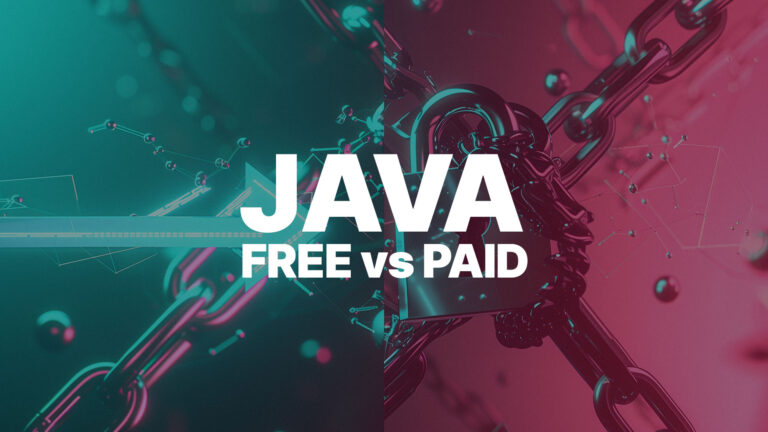Dave Welch (@OraVBCA), CTO and Chief Evangelist
Oracle introduced its Licensing Oracle Software in the Cloud Computing Environment policy document in 2010. The most recent change on January 23, 2017 comes with a handful of substantial negatives for licensees’ budgets. This revision does come with a solitary positive for licensees, distinguishing it from Oracle’s Standard Edition 2 announcement (which was all price increase and no offsetting benefit).
Although the policy document is not referenced by Oracle contract templates, and as such is technically non-binding in your contract, it is our understanding that Oracle is obligated to the extra-contractual privileges the policy grants. (Since we are not attorneys, House of Brick encourages customers to validate this understanding with legal counsel.)
Let us first review a chronology of the revisions of Oracle’s Cloud Computing Environment document:
Original document, Oracle revision date September 20, 2010 (archive.org earliest save January 24, 2011):
- Oracle-authorized cloud environments: Amazon AWS Elastic Compute Cloud (EC2), AWS Simple Storage Service (S3).
- Each virtual core = physical core. The implication of this is to then translate virtual cores into physical cores to determine licensing by using the Processor Core Factor table. For x86/AMD is 0.5 Processors per physical core.
- Standard Edition: four or fewer virtual cores = 1 socket = 1 Processor.
- Standard Edition limit: 16 virtual cores.
- Standard Edition One limit: 8 virtual cores.
- License entitlement may be used in Oracle-authorized cloud environments, but may not be counted in ULA-exit certification inventory.
- Oracle VM in EC2 is implemented by AWS per Hard Partitioning with Oracle VM policy document. This documents states that a given EC2 virtual processor is assigned to a specific physical core, ensuring that a given virtual processor in an EC2 instance is assigned to a specific physical core.
Note: the Hard Partitioning with Oracle VM policy document is moot as it attempts to grant a privilege to OVM only that customers already enjoy per the contract (see September 17, 2014 blog post Oracle Licensing: Soft Partitioning on VMware is Your Contractual Right).
- Implied but not stated in all of this is that the license moves with the VM under all conditions – a substantial advantage over non-authorized cloud environments, whether private or public.
June 24, 2013 revision (archive.org earliest save July 17, 2013):
- Microsoft Azure added.
May 31, 2016 revision (archive.org earliest save September 1, 2016):
- Added Standard Edition 2.
(I’m listing the changes in what I believe to be decreasing order of importance):
- The Processor Core Factor Table is no longer applicable. With that, Oracle just gave itself a 100% raise on non-SE licensing in Oracle-authorized cloud environments.
- Amazon EC2 and RDS only: count two vCPUs as equivalent to one Oracle Processor license if hyper threading is enabled. This constitutes Oracle’s first introduction of hyper thread-sensitive licensing in either Oracle template contract paper or policy documents that grant privileges outside contract paper. Add that to the elimination of the Processor Core Factor Table, and Oracle’s raise for non-SE workloads is now north of 100%.
- Azure only: Standard Editions: every two Azure cores (rounded up to the nearest multiple of two) count as a socket. (This is a reduction from 4:1.).
- The document now lists Oracle products approved for Oracle-authorized cloud environments and does so via external reference.
- Added Amazon Relational Database Service (RDS). This is the only positive in this revision.
- Removed reference to S3 (harmless).
Oracle Licensees that have previously implemented entitlement in Oracle-authorized cloud environments may want to confer with legal counsel as to whether they have any grandfathering privilege on the policy document terms in effect at the time of their implementation.
Oracle Unlimited License Amendment licensees that may have a term restricting license entitlement to servers owned or leased by the licensee (not all ULAs contain that restriction) may want to confer with legal counsel as to whether the policy document could circumvent the restriction.
For commentary on how the recent VMware AWS announcement may relate, see our November 23, 2016 blog post Oracle on VMware in the AWS Cloud.






